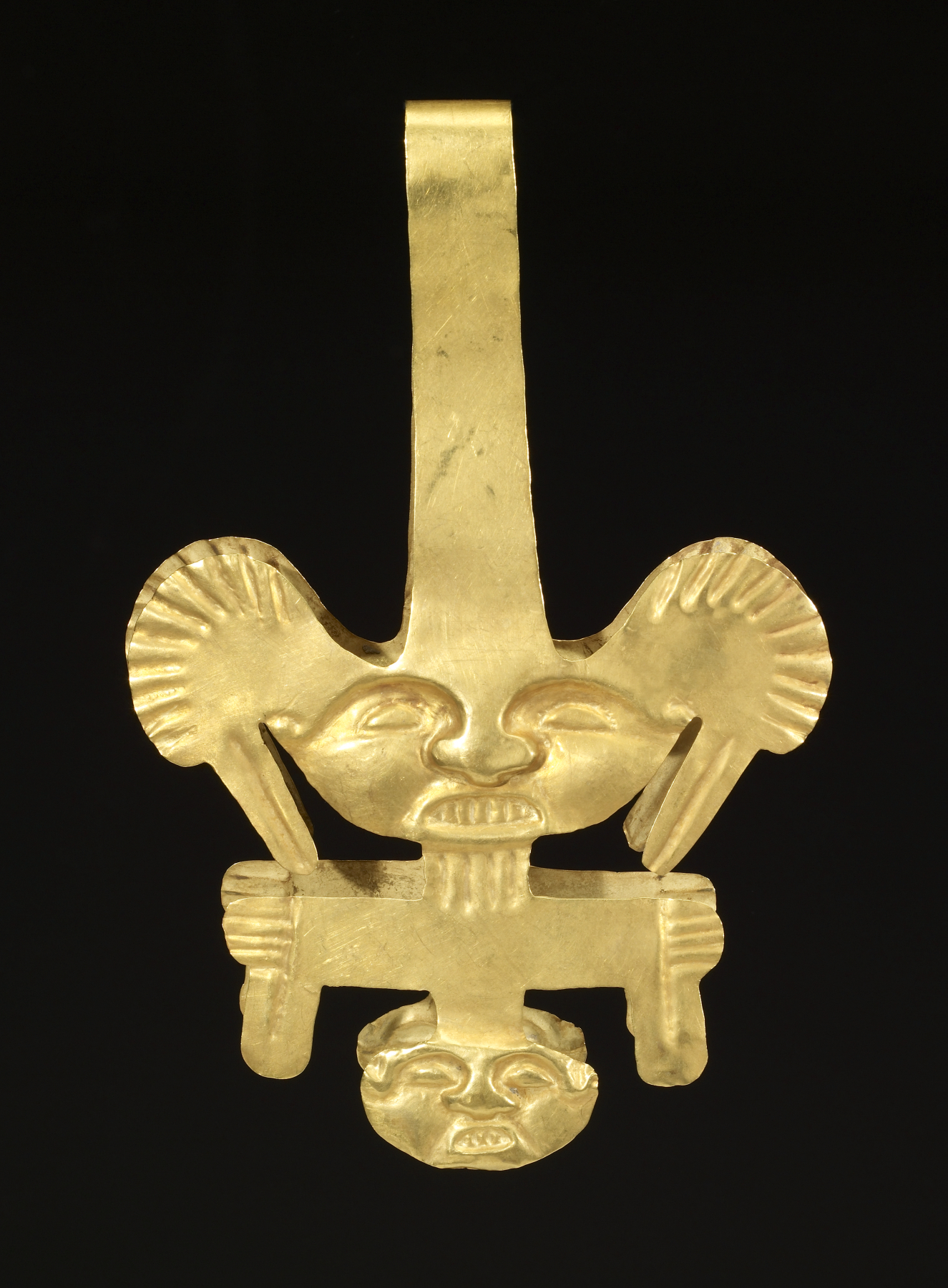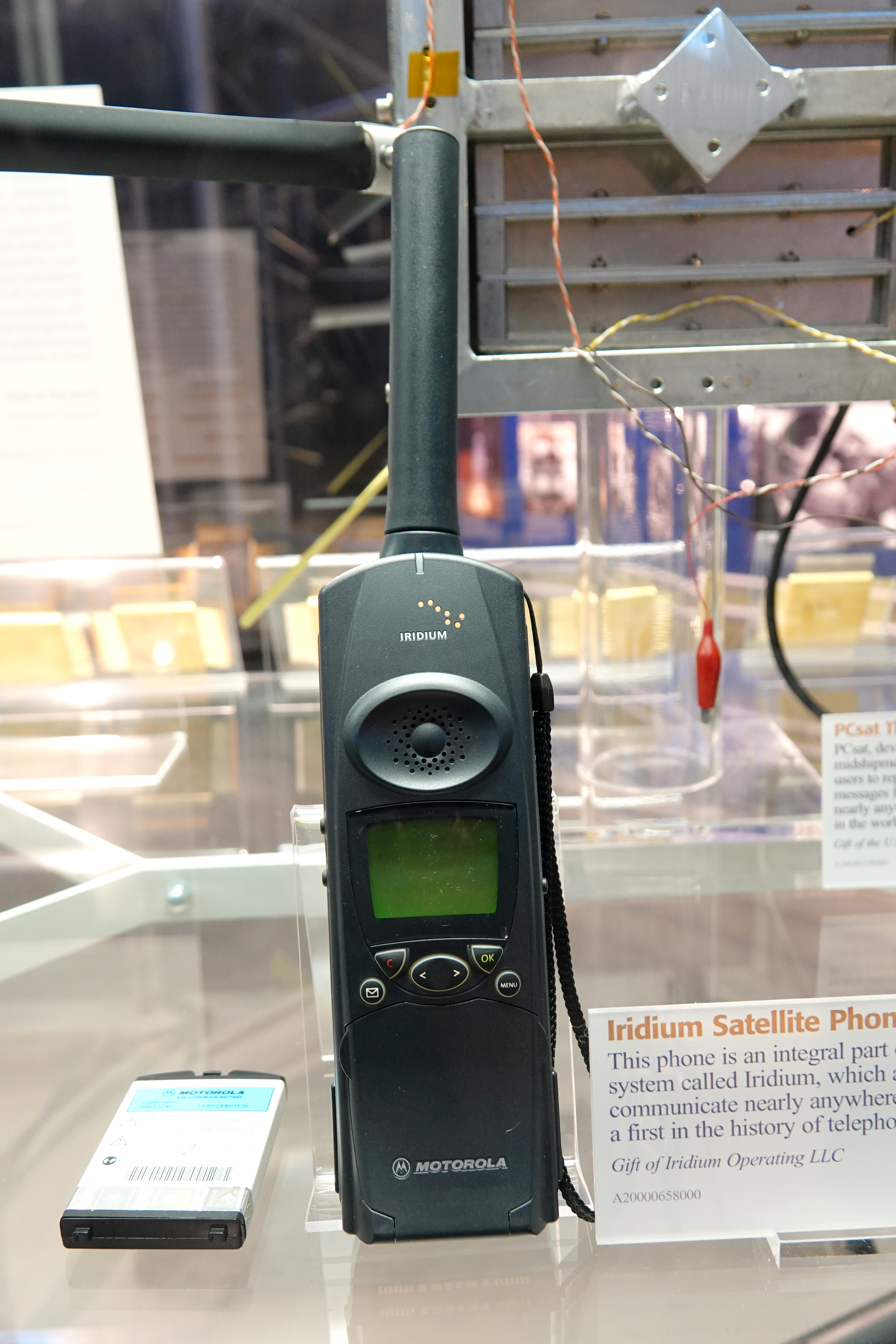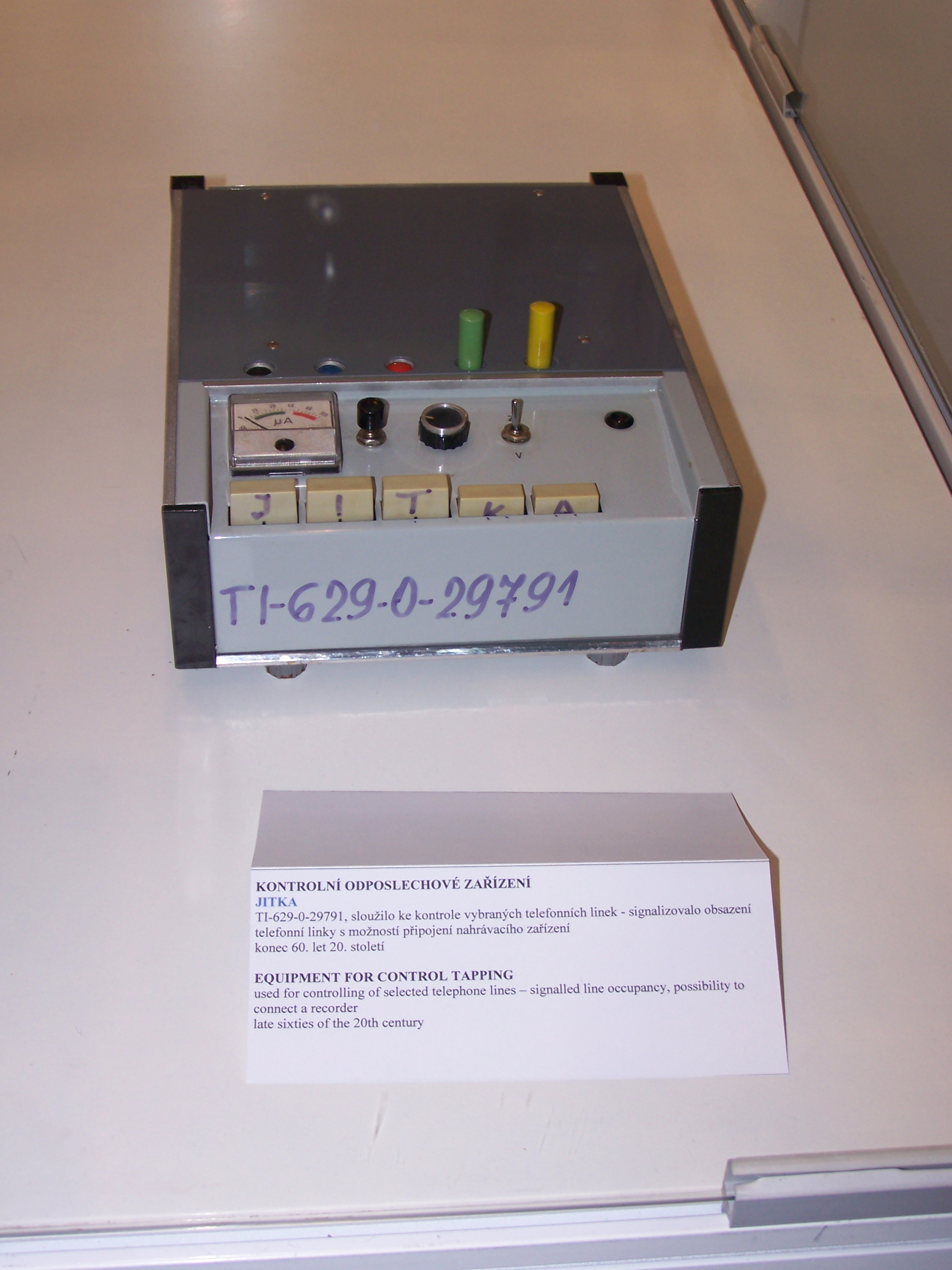|
2008 Andean Diplomatic Crisis
The 2008 Andean diplomatic crisis was a diplomatic stand-off between the South American countries of Ecuador, Colombia and Venezuela. It began with an incursion into Ecuadorian territory across the Putumayo River by the Colombian military on March 1, 2008, leading to the deaths of over twenty militants, including Raúl Reyes (nom-de-guerre of Luis Edgar Devia Silva) and sixteen other members of the Revolutionary Armed Forces of Colombia (FARC). This incursion led to increased tension between Colombia and Ecuador and the movement of Venezuelan and Ecuadorian troops to their borders with Colombia. A military and diplomatic row intensified, ambassadors were recalled and arrests made worldwide following the seizure by the Colombians from the FARC camp of laptop computers that the Colombian military found to contain a large quantity of letters and documents pertaining to FARC activities and its relationship with the Ecuadorian and Venezuelan governments. The immediate crisis was ended ... [...More Info...] [...Related Items...] OR: [Wikipedia] [Google] [Baidu] |
Ecuador Colombia Venezuela Map
Ecuador ( ; ; Quechua: ''Ikwayur''; Shuar: ''Ecuador'' or ''Ekuatur''), officially the Republic of Ecuador ( es, República del Ecuador, which literally translates as "Republic of the Equator"; Quechua: ''Ikwadur Ripuwlika''; Shuar: ''Ekuatur Nunka''), is a country in northwestern South America, bordered by Colombia on the north, Peru on the east and south, and the Pacific Ocean on the west. Ecuador also includes the Galápagos Islands in the Pacific, about west of the mainland. The country's capital and largest city is Quito. The territories of modern-day Ecuador were once home to a variety of Indigenous groups that were gradually incorporated into the Inca Empire during the 15th century. The territory was colonized by Spain during the 16th century, achieving independence in 1820 as part of Gran Colombia, from which it emerged as its own sovereign state in 1830. The legacy of both empires is reflected in Ecuador's ethnically diverse population, with most of its ... [...More Info...] [...Related Items...] OR: [Wikipedia] [Google] [Baidu] |
FARC
The Revolutionary Armed Forces of Colombia – People's Army ( es, link=no, Fuerzas Armadas Revolucionarias de ColombiaEjército del Pueblo, FARC–EP or FARC) is a Marxist–Leninist guerrilla group involved in the continuing Colombian conflict starting in 1964. The FARC-EP was officially founded in 1966 from peasant self-defense groups formed from 1948 during the "Violencia" as a peasant force promoting a political line of agrarianism and anti-imperialism. They are known to employ a variety of military tactics, in addition to more unconventional methods, including terrorism. The operations of the FARC–EP were funded by kidnap and ransom, illegal mining, extortion, and taxation of various forms of economic activity, and the production and distribution of illegal drugs. They are only one actor in a complex conflict where atrocities have been committed by the state, right-wing paramilitaries, and left-wing guerrillas not limited to FARC, such as ELN, M-19, and others. Colo ... [...More Info...] [...Related Items...] OR: [Wikipedia] [Google] [Baidu] |
Colombian National Police
The National Police of Colombia (Spanish: ''Policía Nacional de Colombia'') is the national police force of the Republic of Colombia. Although the National Police is not part of the Military Forces of Colombia (Army, Navy, and Air Force), it constitutes along with them the "Public Force" and is also controlled by the Ministry of Defense. The National Police is the only civilian police force in Colombia. The force's official functions are to protect the Colombian nation, enforce the law by constitutional mandate, maintain and guarantee the necessary conditions for public freedoms and rights and to ensure peaceful cohabitation among the population. History Creation in the 19th century During the second half of the 19th century Colombia went through many political changes and struggles to define itself as a nation. Tensions between the two main political parties, the Colombian Liberal Party and the Colombian Conservative Party, escalated to numerous civil wars trying to establis ... [...More Info...] [...Related Items...] OR: [Wikipedia] [Google] [Baidu] |
Colombian Air Force
, "We are the Force" , colours = , colours_label = , march = Colombian Air Force Hymn , mascot = Capitan Paz , anniversaries = 8 November , equipment = , equipment_label = , battles = * Colombia–Peru War * Colombian armed conflict , decorations = , battle_honours = , battle_honours_label = , flying_hours = , website = , commander1 = Major General Ramsés Rueda Rueda , commander1_label = Commander of the Air Force , commander2 = Major General Jorge Tadeo Borbon , commander2_label = Deputy Commander and Air Force Chief of Staff , commander3 = Major General Rodrigo Valencia Guevara , commander3_label = Inspector General , notab ... [...More Info...] [...Related Items...] OR: [Wikipedia] [Google] [Baidu] |
Southern Bloc Of The FARC-EP
The Southern Bloc of the Revolutionary Armed Forces of Colombia was the first bloc to exist and is where the roots of the guerrilla movement lie. The bloc has been held responsible for several notorious attacks, including the infamous "donkey-bomb", numerous attacks against military bases, as well as Íngrid Betancourt´s kidnapping. It was also blamed by government investigators and prosecutors for the bombing of the El Nogal club. FARC itself denied that any of its members were responsible for the attack. The bloc operates in much of the area that borders with Ecuador and Peru, with some supposed incursions into foreign territory. The government suspects that many FARC leaders may be hiding in the jungles protected by the South Bloc. The specific divisions of the group are arguable. Because of the current conflict existing in the country, much of the information recovered is conflicting and cannot be taken as absolutely reliable. Some of the believed divisions or 'fronts' ... [...More Info...] [...Related Items...] OR: [Wikipedia] [Google] [Baidu] |
Cali
Santiago de Cali (), or Cali, is the capital of the Valle del Cauca department, and the most populous city in southwest Colombia, with 2,227,642 residents according to the 2018 census. The city spans with of urban area, making Cali the second-largest city in the country by area and the third most populous after Bogotá and Medellín. As the only major Colombian city with access to the Pacific Coast, Cali is the main urban and economic center in the south of the country, and has one of Colombia's fastest-growing economies. The city was founded on 25 July 1536 by the Spanish explorer Sebastián de Belalcázar. As a sporting center for Colombia, it was the host city for the 1971 Pan American Games. Cali also hosted the 1992 World Wrestling Championships, the 2013 edition of the World Games, the UCI Track Cycling World Championships in 2014, the World Youth Championships in Athletics in 2015 as well as the inaugural Junior Pan American Games in 2021 and the 2022 World Athletic ... [...More Info...] [...Related Items...] OR: [Wikipedia] [Google] [Baidu] |
Satellite Phone
A satellite telephone, satellite phone or satphone is a type of mobile phone that connects to other phones or the telephone network by radio through orbiting satellites instead of terrestrial cell sites, as cellphones do. The advantage of a satphone is that its use is not limited to areas covered by cell towers; it can be used in most or all geographic locations on the Earth's surface. The mobile equipment, also known as a terminal, varies widely. Early satellite phone handsets had a size and weight comparable to that of a late-1980s or early-1990s mobile phone, but usually with a large retractable antenna. More recent satellite phones are similar in size to a regular mobile phone while some prototype satellite phones have no distinguishable difference from an ordinary smartphone. Satphones are popular on expeditions into remote areas where terrestrial cellular service is unavailable. A fixed installation, such as one used aboard a ship, may include large, rugged, rack-mounte ... [...More Info...] [...Related Items...] OR: [Wikipedia] [Google] [Baidu] |
Telephone Tapping
Telephone tapping (also wire tapping or wiretapping in American English) is the monitoring of telephone and Internet-based conversations by a third party, often by covert means. The wire tap received its name because, historically, the monitoring connection was an actual electrical tap on the telephone line. Legal wiretapping by a government agency is also called lawful interception. Passive wiretapping monitors or records the traffic, while active wiretapping alters or otherwise affects it. Legal status Lawful interception is officially strictly controlled in many countries to safeguard privacy; this is the case in all liberal democracies. In theory, telephone tapping often needs to be authorized by a court, and is again in theory, normally only approved when evidence shows it is not possible to detect criminal or subversive activity in less intrusive ways. Oftentimes, the law and regulations require that the crime investigated must be at least of a certain severity. Illegal ... [...More Info...] [...Related Items...] OR: [Wikipedia] [Google] [Baidu] |
Drug Enforcement Administration
The Drug Enforcement Administration (DEA; ) is a Federal law enforcement in the United States, United States federal law enforcement agency under the U.S. Department of Justice tasked with combating drug trafficking and distribution within the U.S. It is the lead agency for domestic enforcement of the Controlled Substances Act, sharing concurrent jurisdiction with the Federal Bureau of Investigation, the U.S. Immigration and Customs Enforcement, and U.S. Customs and Border Protection although the DEA has sole responsibility for coordinating and pursuing U.S. drug investigations both domestically and abroad. The DEA has an DEA Office of National Security Intelligence, intelligence unit that is also a member of the United States Intelligence Community, U.S. Intelligence Community. While the unit is part of the DEA chain-of-command, it also reports to the Director of National Intelligence. History and mandate The Drug Enforcement Administration was established on July 1, 1973, ... [...More Info...] [...Related Items...] OR: [Wikipedia] [Google] [Baidu] |
Federal Bureau Of Investigation
The Federal Bureau of Investigation (FBI) is the domestic intelligence and security service of the United States and its principal federal law enforcement agency. Operating under the jurisdiction of the United States Department of Justice, the FBI is also a member of the U.S. Intelligence Community and reports to both the Attorney General and the Director of National Intelligence. A leading U.S. counterterrorism, counterintelligence, and criminal investigative organization, the FBI has jurisdiction over violations of more than 200 categories of federal crimes. Although many of the FBI's functions are unique, its activities in support of national security are comparable to those of the British MI5 and NCA; the New Zealand GCSB and the Russian FSB. Unlike the Central Intelligence Agency (CIA), which has no law enforcement authority and is focused on intelligence collection abroad, the FBI is primarily a domestic agency, maintaining 56 field offices in major cities throug ... [...More Info...] [...Related Items...] OR: [Wikipedia] [Google] [Baidu] |
Government Of The United States
The federal government of the United States (U.S. federal government or U.S. government) is the national government of the United States, a federal republic located primarily in North America, composed of 50 states, a city within a federal district (the city of Washington in the District of Columbia, where most of the federal government is based), five major self-governing territories and several island possessions. The federal government, sometimes simply referred to as Washington, is composed of three distinct branches: legislative, executive, and judicial, whose powers are vested by the U.S. Constitution in the Congress, the president and the federal courts, respectively. The powers and duties of these branches are further defined by acts of Congress, including the creation of executive departments and courts inferior to the Supreme Court. Naming The full name of the republic is "United States of America". No other name appears in the Constitution, and this i ... [...More Info...] [...Related Items...] OR: [Wikipedia] [Google] [Baidu] |




